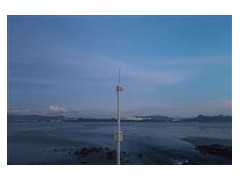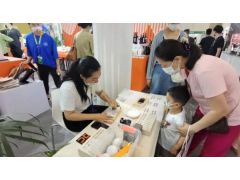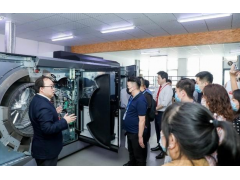FORGE (Forschungsinstitut für Medientechnologien eV), founded in 1950, is a research institution for the German print media industry and an independent non-profit organization. With scientific methods, research effectiveness and its own neutrality, FORGE plays an active role in promoting the development of the printing industry and developing new technologies.
Briefing
1. Organizational structure
The organizational basis of FOGRA is more than 900 members from around the world, while six technical committees composed of member companies are the core of the institute. They work with FORGE's technical departments to screen new research topics and prepare for ongoing research. projects provide practical experience.
FOGRA's technical department engages in a wide range of research, testing, and certification covering prepress, postpress, materials and environment, and safety applications, and applies its research results to the industry. Especially in the formulation of international standards, FOGRA has led the development of many forward-looking and globally recognized production process and quality inspection standards.
1. FOGRA’s five departments
FORGA consists of four technical departments and a marketing department, covering six areas: prepress, offset printing, digital printing, packaging and post-press processing, materials and environment, and security printing. It solves problems in the development of print media technology through research, testing and certification activities. Key questions.
The prepress technology department is responsible for the preparation of printing and media data, including color management, workflow and image quality assessment. In addition, it also conducts research in digitalization, artificial intelligence and 3D printing.
Research in the Printing Technology Department focuses on offset and digital printing, mostly related to print quality and the printing materials used. In addition, this department can also conduct PSO certification.
The Materials & Environment department provides testing and certification of printing consumables (paper, inks, varnishes), fountain solutions and cleaning agents through chemical and physical analysis in the laboratory. The department also conducts research on radiation curing systems, corrosion, and the interaction of substrates and inks.
The Security Applications Department conducts tests on the degree of security of documents, banknotes and packaging, as well as on the resistance of identity documents such as passports, driving licenses and bank cards to external influences. In addition, the department conducts research on all aspects of functional products (such as RFID), other security technologies, post-press processing and packaging.
The Marketing and Communication Department carries out marketing and communication through printed publications and online, providing comprehensive information about FOGRA. At the same time, it organizes various activities and training courses, and handles relations with customers and news media.
2. FOGRA’s six technical committees
The Prepress Technology Committee mainly deals with issues in the preparation of printing and media data, including correct color management, as well as research in other areas such as digitization, artificial intelligence support and 3D printing.
The research projects of the Offset Printing Technical Committee are directly related to printing practice, including establishing links between printing quality, process parameters and materials used. These results can further be used to develop national and international standards.
The Digital Printing Technical Committee (also known as the Digital Printing Working Group, DPWG) is composed of manufacturers and users and aims to promote the standardization of digital printing and coordinate and conduct necessary research.
The Packaging & Print finishing Technical Committee’s research scope includes post-press processing and binding of printed products, as well as packaging-related issues.
The Materials & Environment Technical Committee covers all aspects of consumables, additives and inks required for the printing process, as well as environmental protection and sustainability.
The Security Applications Technical Committee covers future-oriented topics related to smart card and document security, including issues ranging from anti-counterfeiting to aging.
2. Employee strength
The FOGRA Institute consists of 50 young and experienced employees from all over the world. This cultural and professional melting pot inspires exchanges between colleagues, resulting in new ideas, creativity, energy and progress. Every FORGA employee has grown into a true expert in his field by participating in research, and has rich experience in testing and certification services and teaching.






